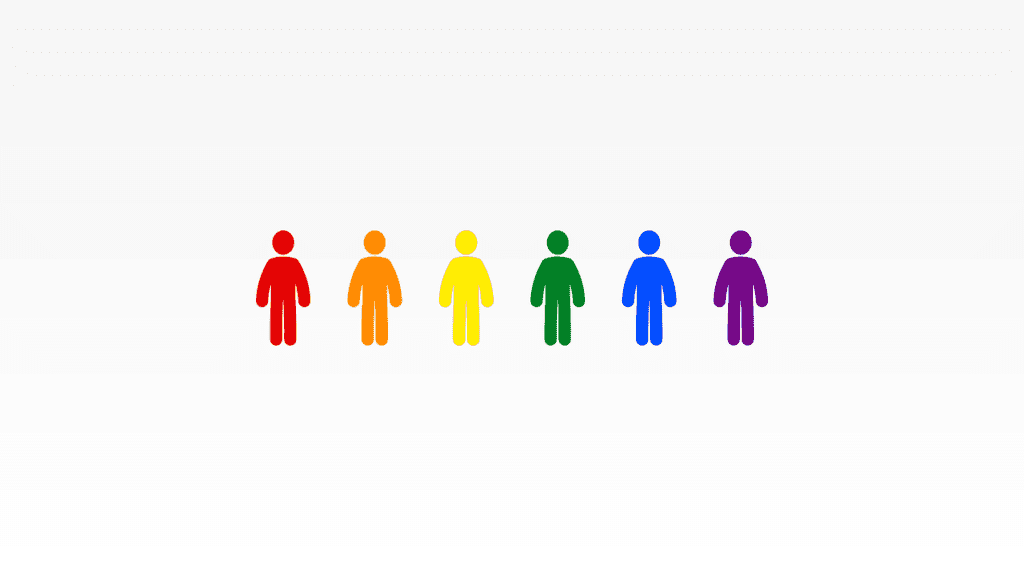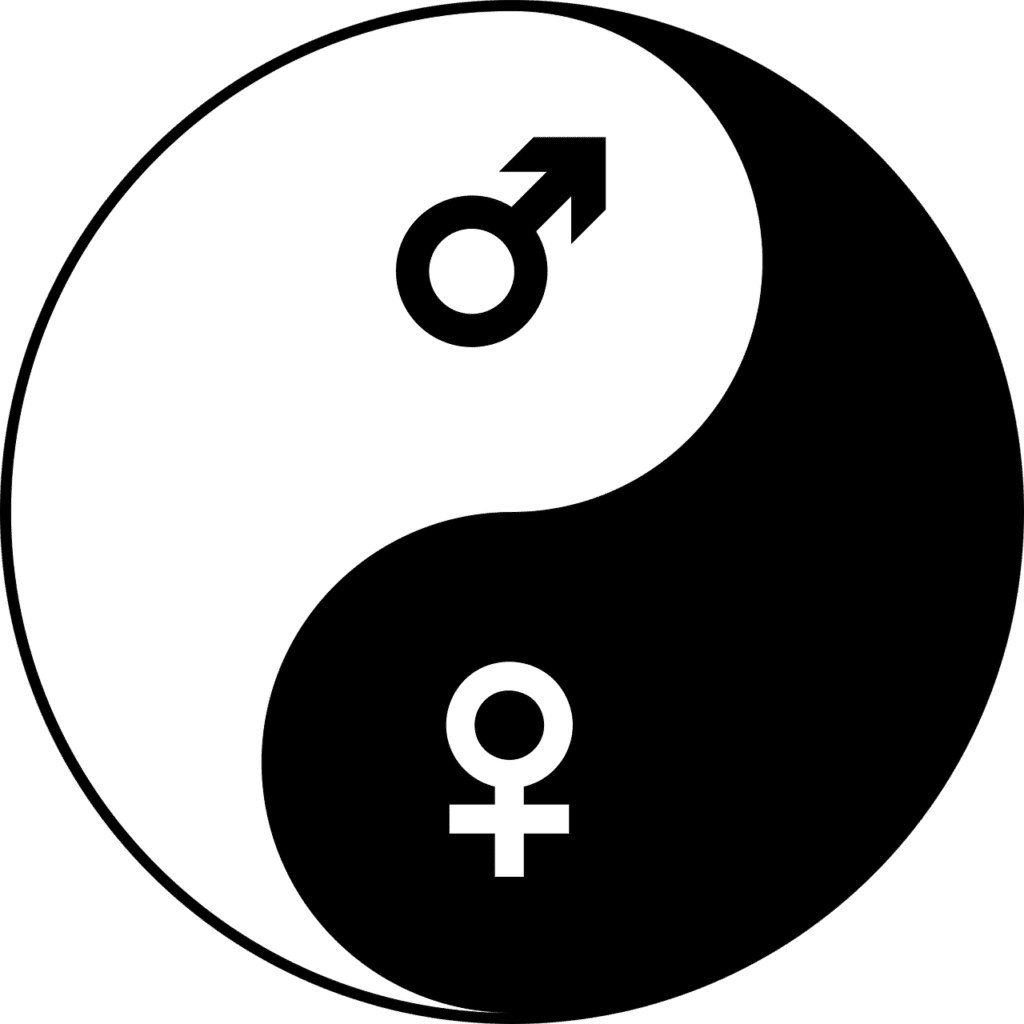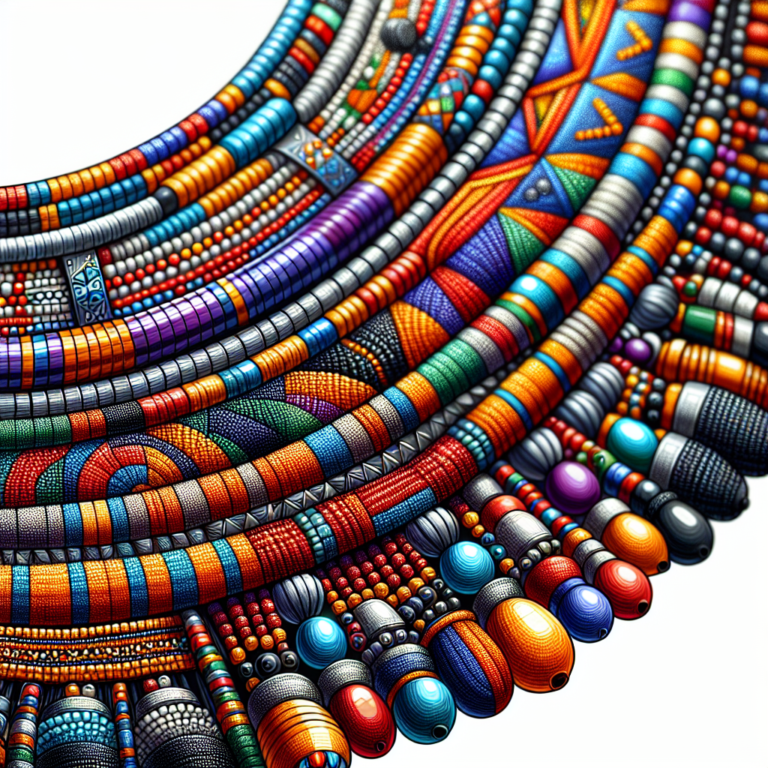What Is The Role Of Women In Kenyan Society?
In Kenyan society, women play an essential and multifaceted role that encompasses various aspects of life. From the economic to the social, women contribute significantly to the development and growth of their communities. In this article, we will explore the diversity of roles that women undertake in Kenyan society, from being mothers and caretakers to entrepreneurs and leaders. By highlighting the strength and resilience of Kenyan women, we aim to shed light on their invaluable contributions and the challenges they face in carving out their rightful place in society.

This image is property of pixabay.com.
Economic Roles
Agriculture
In Kenyan society, women play a crucial role in the agricultural sector. They are actively involved in farming, both subsistence and commercial, and make significant contributions to food production. Women are responsible for various agricultural tasks, such as planting, weeding, and harvesting crops. They also play a role in livestock rearing, particularly poultry farming and dairy production. Women’s involvement in agriculture significantly contributes to household food security and income generation.
Entrepreneurship
Women in Kenya are increasingly engaging in entrepreneurial activities, contributing to the growth of the economy. They establish small and medium-sized enterprises (SMEs) in various sectors, including retail and wholesale trade, manufacturing, and services. Women-owned businesses contribute to job creation and income generation. Their entrepreneurial ventures not only improve their economic status but also empower them to make independent decisions and contribute to their communities’ development.
Labor force participation
Women’s participation in the labor force has been steadily increasing in Kenya. They are engaged in a wide range of occupations, including skilled and professional roles. Women can be found in sectors such as education, healthcare, finance, and telecommunications. Their growing presence in the labor force helps to bridge the gender gap and promotes inclusivity. However, challenges such as unequal pay and limited opportunities for career advancement still persist, highlighting the need for further progress.
Education and Professional Opportunities
Access to education
Access to education for girls and women in Kenya has significantly improved over the years. Efforts by the government and non-governmental organizations have focused on reducing barriers and promoting girls’ enrollment in schools. However, challenges such as poverty, cultural practices, and early marriages still hinder access to education for some girls, especially in rural areas. By addressing these obstacles and investing in education, more girls will have the opportunity to develop their potential and contribute to society’s progress.
Gender disparity in education
Despite progress in access to education, gender disparity still exists within the Kenyan education system. Cultural norms and beliefs, coupled with economic challenges, often result in lower enrollment and higher dropout rates for girls compared to boys. Efforts to address this issue include providing scholarships and incentives for girls, promoting gender-sensitive curriculum, and implementing policies that encourage equal educational opportunities for all.
Professional fields
Women in Kenya have made significant strides in various professional fields, breaking stereotypes and achieving success. They can be found in diverse sectors such as medicine, law, engineering, information technology, and academia. However, women’s representation in certain fields, such as science, technology, engineering, and mathematics (STEM), is still relatively low. Encouraging young girls to pursue careers in these fields and providing mentorship and support can help bridge the gender gap in professional opportunities.
Leadership positions
The presence of women in leadership positions in Kenya has been growing, although there is still room for improvement. Women hold prominent positions in politics, business, civil society, and academia. Efforts to promote women’s leadership include affirmative action policies, mentorship programs, and campaigns to challenge gender stereotypes and biases. Increasing women’s representation in decision-making roles helps ensure diverse perspectives and promotes gender equality in all sectors of society.

This image is property of pixabay.com.
Family and Household Responsibilities
Childcare and parenting
Women in Kenya carry the primary responsibility for childcare and parenting within the family. They play a vital role in nurturing, educating, and raising children. This responsibility often includes providing emotional support, ensuring their well-being, and instilling values and cultural practices. While men are increasingly taking on more active roles in parenting, women’s contributions remain essential to the development and upbringing of children.
Household chores
Women in Kenyan society bear the burden of domestic chores, including cooking, cleaning, and managing household activities. These responsibilities can be time-consuming and physically demanding, often requiring significant effort and multitasking. The division of household chores remains largely unequal, with women taking on the majority of the workload. Equal sharing of domestic responsibilities can alleviate the burden on women and create a more equitable household environment.
Decision-making
In many Kenyan households, decision-making is often a shared responsibility between men and women. However, certain decisions, such as financial management and major family-related choices, often fall under men’s domain. Empowering women to participate equally in decision-making processes within the family can lead to better outcomes, as diverse perspectives contribute to well-informed choices. It is important to foster an environment where women’s opinions and preferences are valued and respected.
Gender roles in relationships
Traditional gender roles and expectations influence relationships in Kenyan society. Men are typically seen as the primary breadwinners, while women are expected to prioritize their roles as wives and mothers. These roles can impact the dynamics of relationships and create inequalities. Promoting gender equality within relationships involves challenging traditional norms, fostering open communication, and ensuring that both partners have equal opportunities to pursue their goals and aspirations.
Political Participation
Representation in government
Women’s representation in the Kenyan government has seen improvements in recent years. Through affirmative action measures, such as the constitutional requirement to have a minimum of one-third of all seats in parliament occupied by women, greater female presence has been achieved. Additionally, women are increasingly taking up leadership positions at the local level, contributing to community development and decision-making processes.
Political movements and activism
Women in Kenya actively participate in political movements and activism, advocating for gender equality, human rights, and social justice. They organize and mobilize to address various issues, including violence against women, discriminatory practices, and policy reforms. Women’s movements have played a crucial role in raising awareness, challenging societal norms, and pushing for legal and policy changes that promote gender equality. Their contributions are instrumental in shaping the future of Kenyan society.

This image is property of pixabay.com.
Health and Reproductive Rights
Maternal and infant mortality
Reducing maternal and infant mortality rates remains a significant challenge in Kenya. Access to quality healthcare, particularly during pregnancy and childbirth, is vital to ensuring the well-being of mothers and infants. Efforts focused on improving maternal healthcare services, enhancing prenatal and postnatal care, and increasing access to skilled birth attendants are critical to reducing mortality rates and promoting overall reproductive health.
Access to healthcare
Access to healthcare in Kenya remains a concern, particularly for women in marginalized communities. Limited infrastructure, shortage of healthcare professionals, and financial barriers contribute to inadequate healthcare access. Efforts to improve access include the expansion of healthcare facilities, training more healthcare professionals, and implementing community-based healthcare programs. Ensuring equitable access to healthcare services is crucial for women to lead healthy and productive lives.
Family planning and contraception
Promoting family planning and access to contraception is vital for women’s reproductive health and autonomy. By allowing women to plan and space their pregnancies, they can make informed decisions about their families and personal lives. Raising awareness about family planning methods, providing affordable and accessible contraception, and ensuring comprehensive reproductive health services are critical steps towards empowering women and improving their overall well-being.
Gender-Based Violence and Discrimination
Physical and sexual violence
Gender-based violence, including physical and sexual violence, remains a pervasive issue in Kenyan society. Women are disproportionately affected by these forms of violence, which have profound physical, emotional, and psychological consequences. Efforts to address gender-based violence include the enactment and enforcement of laws, provision of support services for survivors, and comprehensive public awareness campaigns. Creating safe environments and promoting gender equality are essential in combating these forms of violence.
Traditional practices and harmful norms
Some traditional practices and harmful norms in Kenyan society perpetuate gender-based violence and discrimination. Practices such as female genital mutilation and early marriages violate women’s rights and contribute to their vulnerability. Efforts to eradicate these harmful practices include community education, engaging traditional leaders, and implementing legal frameworks that protect women and girls from such practices. Challenging harmful norms and promoting gender equality are key in ensuring women’s safety and well-being.
Legal protection and enforcement
Legal protection for women against gender-based violence has significantly improved in Kenya. Laws and policies have been enacted to criminalize various forms of violence, including domestic violence, sexual assault, and female genital mutilation. However, effective enforcement of these laws remains a challenge. Strengthening the capacity of law enforcement agencies, providing training on gender-sensitive approaches, and establishing support systems for survivors are essential in ensuring that women’s rights are protected and upheld.
Women’s Organizations and Advocacy
Women’s rights organizations
There are numerous women’s rights organizations in Kenya that work tirelessly to promote gender equality and advocate for women’s rights. These organizations provide support services, legal aid, and awareness campaigns to address various issues, including violence against women, economic empowerment, and education. Women’s rights organizations play a crucial role in creating safe spaces, building networks, and empowering women to actively participate in societal development.
Advocacy for gender equality
Advocacy efforts for gender equality in Kenya focus on challenging discriminatory practices, advocating for policy reforms, and raising awareness about women’s rights. Women’s rights activists, civil society organizations, and individuals engage in strategic campaigns, lobbying, and public discussions to influence change and transform societal attitudes. By amplifying women’s voices, advocating for equal opportunities, and challenging systemic inequalities, they contribute to building a more inclusive and equitable society.
Impact of women’s movements
The women’s movements in Kenya have had a significant impact in shaping policies, laws, and societal attitudes. By mobilizing collective action, women’s movements have succeeded in raising awareness about gender inequality, influencing public opinion, and advocating for women’s rights. Their efforts have resulted in legislative changes, such as increased representation of women in leadership positions and legal protection against gender-based violence. Women’s movements continue to play a crucial role in driving gender equality and ensuring the realization of women’s rights.
Media and Popular Culture
Portrayal of women
The media and popular culture in Kenya have a powerful influence on shaping societal attitudes towards women. While progress has been made to promote positive and empowering representations of women, there is still room for improvement. Stereotypical depictions, objectification, and limited portrayal of women in diverse roles persist. Promoting gender-sensitive media content, encouraging the inclusion of women in decision-making positions within media organizations, and supporting media literacy programs can challenge harmful narratives and promote gender equality.
Representation in media
Women’s representation in the media, particularly in decision-making roles and as content creators, remains limited in Kenya. Increasing the visibility and voices of women in the media is crucial to ensuring diverse perspectives and challenging gender stereotypes. Efforts to promote equal representation include mentorship programs, training opportunities, and policies that promote gender equality in media organizations. By amplifying women’s voices and experiences, inclusive and balanced media representation can be achieved.
Influence on societal attitudes
The media and popular culture’s influence on societal attitudes towards women cannot be underestimated. The portrayal of women in a positive and empowering light can challenge traditional gender roles, break stereotypes, and foster a more inclusive society. By promoting thought-provoking content, encouraging diverse representations, and engaging with social issues, the media has the power to shape public discourse and nurture societal change. Recognizing and supporting media platforms that promote gender equality is crucial in building a more equitable society.
Traditional and Cultural Influences
Role of women in indigenous cultures
Indigenous cultures in Kenya have their own unique customs and traditions, including specific roles for women. In some communities, women play essential roles in preserving cultural heritage, passing on traditional knowledge, and maintaining social cohesion. However, it is important to ensure that these cultural practices do not perpetuate discriminatory norms or limit women’s opportunities for education, economic participation, or decision-making. Balancing cultural preservation with gender equality is key to promoting inclusive development.
Patrilineal and patrilocal societies
In some Kenyan societies, family structures follow a patrilineal and patrilocal pattern, where descent and inheritance pass through male lineages. These societal norms can reinforce gender inequalities, limiting women’s economic opportunities and decision-making authority. Efforts to address these challenges involve promoting inheritance rights for women, engaging men and traditional leaders in gender equality discussions, and challenging patriarchal norms that perpetuate inequality. Recognizing the importance of gender equality within traditional structures is essential for sustainable development.
Polygamy and gender dynamics
Polygamy, a practice allowed in some Kenyan communities, can create complex gender dynamics. Although polygamy is seen as a cultural and personal choice, it often reinforces power imbalances within relationships and contributes to unequal access to resources. Promoting women’s rights within polygamous unions involves ensuring legal protection, economic empowerment, and challenging harmful practices such as child marriages. By addressing gender dynamics within polygamous relationships, greater equality and empowerment can be achieved.
Religious beliefs and practices
Religious beliefs and practices influence the role of women in Kenyan society. While many religions promote values of equality and respect for women, some interpretations and cultural practices may limit women’s rights and opportunities. Advocacy for gender equality within religious contexts involves promoting inclusive interpretations, building awareness of women’s rights, and fostering dialogue that challenges discriminatory practices. Respecting religious diversity while promoting gender equality is essential for creating an inclusive society.
Challenges and Progress
Gender inequality
Gender inequality remains a persistent challenge in Kenyan society. While progress has been made, women continue to face barriers in accessing education, healthcare, economic opportunities, and leadership positions. Discriminatory practices, cultural norms, and patriarchal systems contribute to these inequalities. Addressing gender inequality requires comprehensive efforts, including policy reforms, public awareness campaigns, targeted interventions, and engaging men and boys as allies in promoting gender equality.
Empowerment initiatives
Initiatives aimed at empowering women in Kenya have been instrumental in promoting gender equality and addressing socio-economic disparities. These initiatives include skills training, entrepreneurship support, mentorship programs, and access to finance. By equipping women with knowledge, resources, and opportunities, they can overcome barriers, make informed choices, and contribute to their communities’ development. Empowerment initiatives play a vital role in ensuring women’s economic independence, social mobility, and overall well-being.
Legal and policy reforms
Legal and policy reforms have significantly contributed to advancing women’s rights and promoting gender equality in Kenya. Constitutional provisions, such as affirmative action measures, have increased women’s representation in decision-making bodies. Legislation addressing gender-based violence, sexual harassment, and reproductive rights has provided a foundation for protecting women’s rights. However, effective implementation and enforcement of these laws remain crucial. Continual efforts to review and strengthen legislation, as well as ensure accountability, are necessary for sustaining progress towards gender equality.
Changing societal attitudes
Changing societal attitudes towards women and gender roles is a critical aspect of achieving gender equality in Kenyan society. Efforts to challenge gender norms and stereotypes, promote positive role models, and raise awareness about women’s rights have gradually shifted societal perspectives. Engaging men and boys in conversations about gender equality, promoting gender-sensitive education, and fostering inclusive communities are important in transforming societal attitudes. Nurture of inclusive attitudes and behaviors from an early age will ensure a more equitable future for all.







